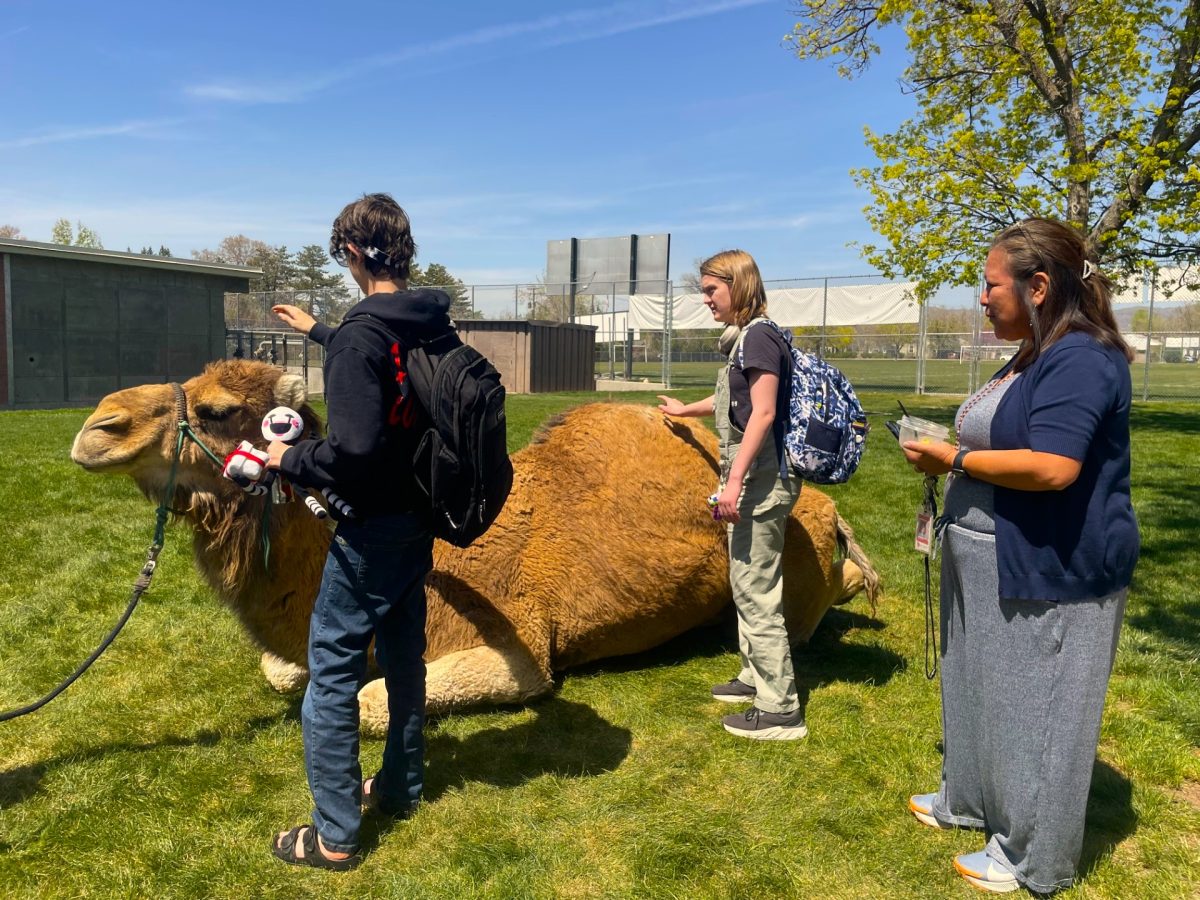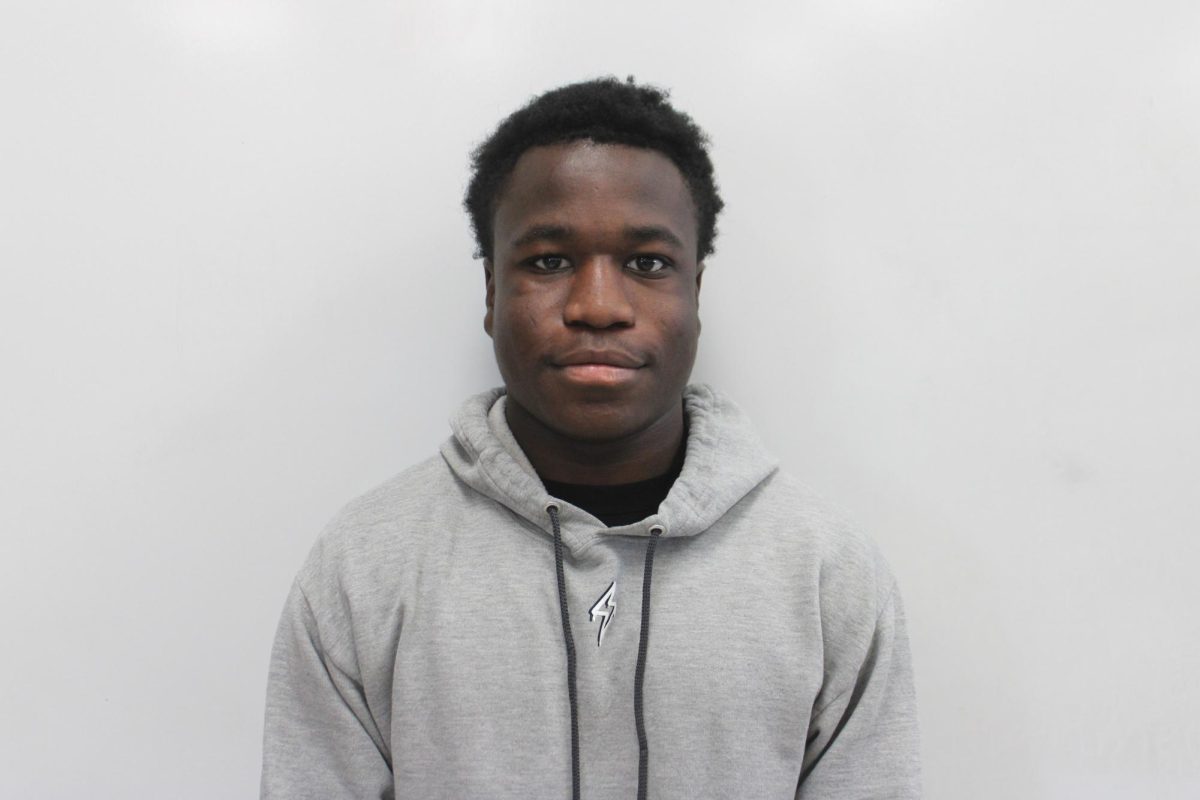PUT IT IN INK- Tattooing Among Minors
March 25, 2015
At one time, tattoos were held exclusively by criminals, masculine sailors, and the tough guy on the block. But that stereotype has come full circle and tattoos can now be seen on everyone from teachers to lawyers to moms driving mini vans.
Tattooing comes from the Samoan word Tatau, meaning correct or workmanlike. Fox News says that the number of people with tattoos has nearly doubled in the last seven years.
Highland Senior Chris Price got his first tattoo last summer. For Price, it was a matter of cultural and family importance through permanent artistic expression.
“I’ve always wanted to have some sort of art on body,” Price said. “[My tattoo] is my last name in Roman, and it’s to resemble my family and how much I care about them.”
But it is much more difficult for high school students to get inked. A parent or guardian must sign a waiver of consent, allowing their child to be tattooed. That parent or guardian must also be present while the tattoo is brought to life.
A new Utah bill has made it even more difficult for minors who desire tattoos. State Bill 143, proposed and sponsored by Republican Lavar Christensen of Draper, was just passed a few weeks ago. This bill outlaws the tattooing of minors 14 and under, regardless of parental consent. The bill also tightens restrictions and punishments of artists who break tattoo laws. The original bill would’ve outlawed all tattooing of minors 18 and under, but Christensen revised it after receiving disapproval.
Price believes that many people overreact to tattooing.
“The only difference between a regular person and a person with tattoos is the tattoos,” Price said. “I don’t see [them] any differently.”
Price received his tattoo from Susi-M’s Gallery of Fine Tattooing on State Street in Salt Lake City. Kelly Miller, a veteran artist at Susi M’s, has been tattooing professionally since 1982. He received his first ink at age 15 while in the Coast Guard, and believes that it should be a family decision.
“Some tattoo artists believe that you should not tattoo a minor at all,” Miller said. “But we believe that as long as we follow the law, we should leave it up to the parents and the person.”
Miller also points out that minors are trusted to the dangerous task of driving.
“The state recognizes that you are capable of making life-threatening decisions at age 16,” Miller said. “So we think that young people can make wise decisions.”
Price’s view on tattoos has not wavered, and more ink could be in his future.
“It’s almost like a map, it shows people different things that might’ve happened to you,” Price said. “I am planning on getting another one for my step sister who died of terminal brain cancer.”
But family dedication and honesty is often not the number one thing on the minds of high school students. Susi-M’s especially struggles with deceit.
“We have a bigger concern with minors trying to defraud us, than we do actually tattooing minors,” Miller said. “If we can tell that they’re lying, then we don’t ever tattoo them, we send them away.”



























